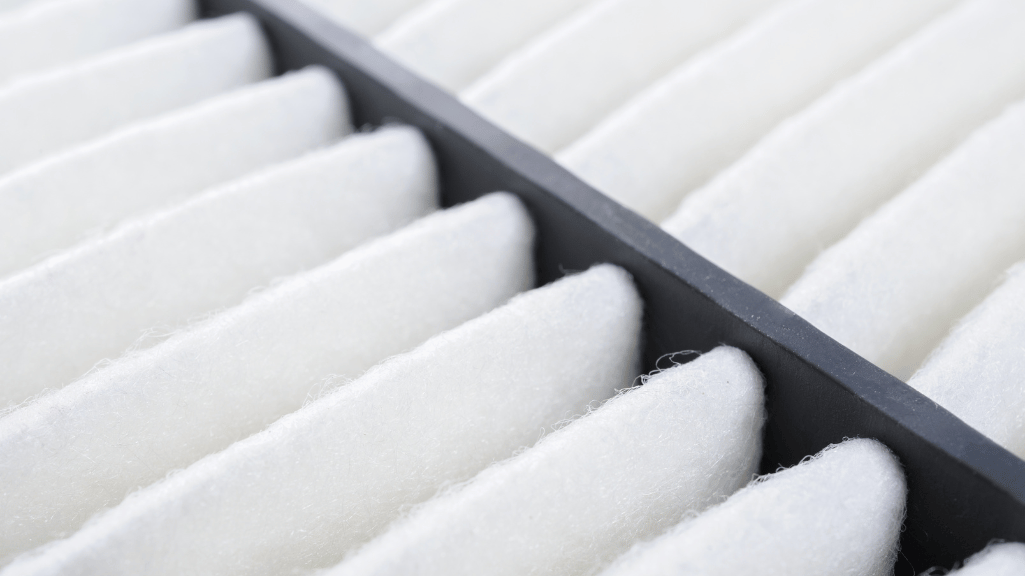In recent years, with increasing awareness of air pollution and the importance of indoor air quality, air purifiers have become a more common appliance in households and workplaces. These devices work to clean the air we breathe, helping to reduce viruses, bacteria, allergens, traffic pollutants, and harmful gases and chemicals. The effectiveness of an air purifier, however, to a very large exdend depends on the quality of the filters in it. While it might be financially tempting to opt for cheaper non-genuine filters, doing so can have significant disadvantages and potential bring about risks too.
In this post, we will explore the drawbacks of using non-genuine filters in an air purifier, and why we believe that investing in genuine, high-quality filters is vital for both the efficiency of the device and its possible impact on your health.
Inferior Filtration Performance
Air purifiers are designed to capture and remove a wide range of airborne particles, including viruses, dust, pollen, pet dander, mould spores, and even traffic soot. Genuine filters of a high-quality air purifier are engineered and tested to meet strict performance standards, ensuring optimal filtration efficiency. A HEPA air purifier, for example, should have a filter that is classified according to EN1822. All the non-genuine filters we have seen do not meet any of the expected classifications and standards.
Reduced Airflow and Energy Efficiency
Air purifiers are engineered to work with specific filter designs and materials to ensure proper airflow. Non-genuine filters may not fit properly and/or use the appropriate filtration materials, which can lead to several problems. One might be reduced airflow through the purifier, as cheap filtration media gets clogged quickly. When the airflow is compromised, the device's effectiveness in cleaning your room is reduced. Moreover, decreased airflow can cause the purifier to work harder, leading to higher energy consumption, possible over-heating of the fan, and potentially shortening the device's lifespan.
Increased Health Risks
Using non-genuine filters in your air purifier could pose a direct health risk for you and your loved ones. Inferior filtration due to low quality filter media, will be less effective at capturing and retaining harmful contamination. This can exacerbate allergies and asthma, and negatively impact respiratory health, especially for individuals with pre-existing conditions.
Voiding Warranty and Damaging the Device
Most air purifiers come with a warranty that covers any defects or malfunctions that might occur during normal use. However, using non-genuine filters will normally void any warranty, leaving you responsible for any repairs or replacements. Additionally, non-genuine filters might not be designed to fit perfectly in the device, potentially causing damage to the purifier itself or even rendering it inoperable.
Uncertain Source and Safety Concerns
When purchasing non-genuine filters, it is very challenging to confirm how good or bad they actually are. Some third-party filters may not meet safety standards or could be made from very low-grade material, which might emit harmful chemicals or particulates into the air. Genuine filters, on the other hand, undergo rigorous testing to ensure they are safe for use and compliant with industry standards.
Conclusion
While it may seem like a cost-saving measure initially, using non-genuine filters in an air purifier can lead to a range of disadvantages and possibly even health risks. Investing in genuine/manufacturer-approved filters not only ensures proper filtration performance but also guarantees the longevity and efficiency of your air purifier. For these reasons we only offer genuine filters.




